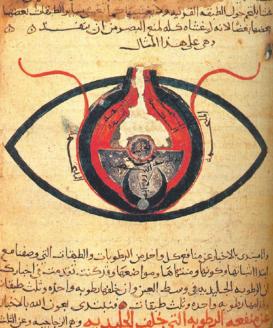This research project investigates the intersection of religion, science, and language through the prism of a body of Arabo-Persian texts that circulated in China during the fourteenth to eighteenth centuries. At the core of the project lies the argument that Arabic and Persian texts examining aspects of natural philosophy that were read, scrutinized, and translated into Chinese served as transmitters of experience, connecting China to the conceptual and theoretical accomplishments of the Greco-Arabo-Persian worlds. The corpus for this project includes Arabic and Persian manuscripts that were copied, collated, and annotated in China on themes such as Islamic theology and mysticism, Islamic jurisprudence, poetry, and grammar, and Chinese translations and interpretations of Arabic and Persian texts. In particular, the project focuses on knowledge related to physiology, medical astrology, and pharmaceutics embedded in these texts.
In addition to shedding light on an underexamined channel of West–East knowledge transmission, this research studies the methods of translation, presentation, and interpretation by which Greco-Arabo-Persian experience of the body and soul was introduced to Chinese readers and circulated in late imperial China.

